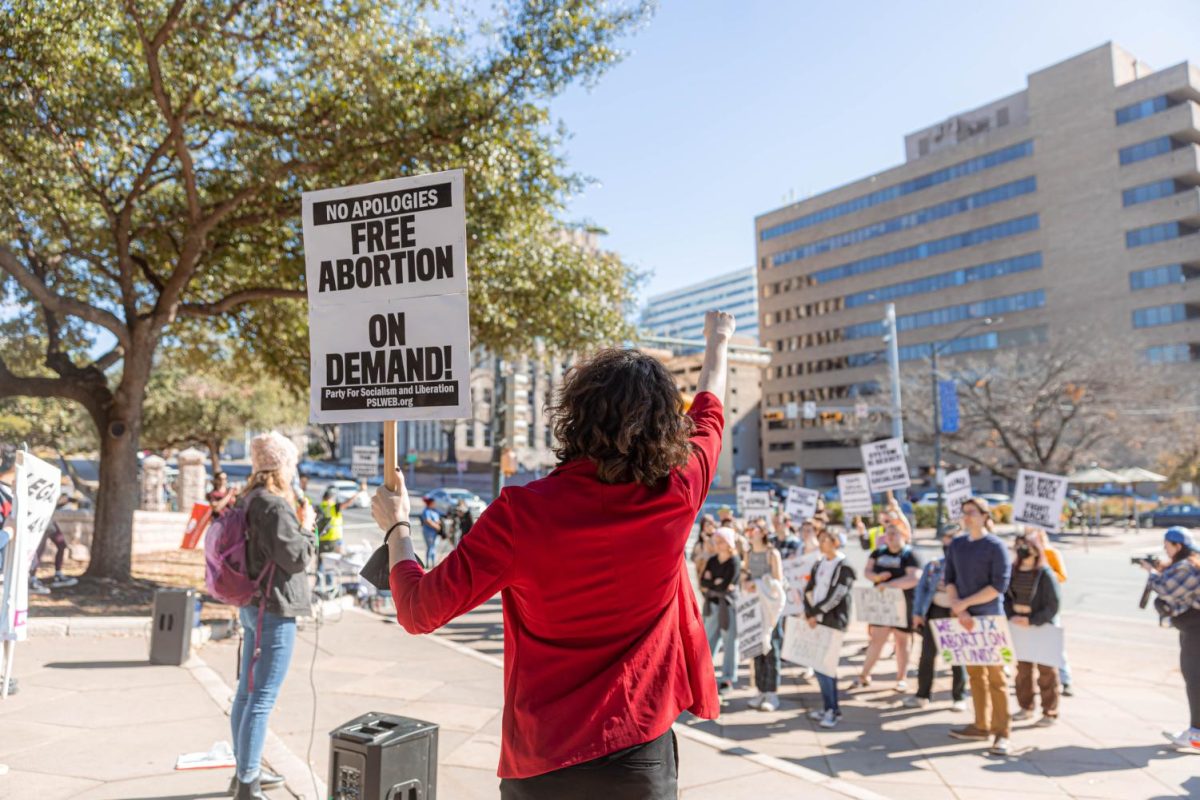A former Austin City Council member filed a lawsuit on Aug. 20 challenging a recent budget amendment that allocates $400,000 to expand the city’s Reproductive Health Grant.
The amendment, which City Council approved on Aug. 14, expands the Grant’s funds to cover logistical support, such as travel and lodging, for Austinites seeking abortions outside Texas. Prior to the amendment, the fund only covered contraception access and reproductive health education.
Don Zimmerman, a former City Council member, sued the city of Austin, Mayor Kirk Watson and City Manager T.C. Broadnax. In his amended petition filed in Travis County’s 98th District Court, Zimmerman argued the expanded use of the Reproductive Health Grant violates state abortion laws.
Zimmerman sued the city in 2019 when the city first established the grant. In both lawsuits, Zimmerman and Texas Right to Life, a non-profit group that opposes abortion, claimed the fund violated Article 4512.2 of Texas’ Revised Civil Statutes, which prohibits providing means for obtaining abortions.
The city said Roe v. Wade rendered Article 4512.2 obsolete, and both a Travis County district judge and an appeals court ruled against Zimmerman’s first lawsuit. The current lawsuit revisits these issues in light of the grant’s expanded use without the protection of Roe v. Wade.
“The way that we see it is these (abortion fund) groups are engaged in criminal activity,” said John Seago, president of Texas Right to Life. “And now … Austin (is) saying that they’re going to cooperate with that criminal activity and reimburse them for their services or give them grants for their services.”
Zimmerman will offer public statements at a later date, he said in an email.
“The City is aware of Mr. Zimmerman’s amended lawsuit,” Meghan Riley, the city’s litigation division chief, said in an email. “We have successfully litigated this issue in the past and will respond to the recent allegations through the appropriate court channels.”
Councilmember Vanessa Fuentes, who sponsored the amendment, defends it as a legal and necessary measure to support residents due to Texas having “one of the most severe abortion bans” in the country.
“It was really important as a local government official to … show (my) support and solidarity for women’s rights and reproductive health care,” Fuentes said.
Gwynn Marotta, the vice president of direct action for If/When/How, a reproductive justice student organization at UT, said she testified in support of the Reproductive Health Grant.
“I know a lot of college and law students … that are leaving the state … because they’re afraid to get pregnant and potentially have a complication here,” Marotta, a third-year law student, said. “You have people that want to stay in Texas … feel like they don’t have a choice in staying because they don’t want to risk their life or health.”
Maggie DiSanza, the field organizer for Texas Rising Advocacy, a non-partisan organization promoting youth civic engagement, also testified in support of the grant and said the grant helps fill “healthcare gaps” for residents.
“The numbers support the fact that people need this,” DiSanza, an English and women’s and gender studies senior, said. “More than 35,000 patients have traveled from Texas to other states in 2023 to seek abortion.”
The grant’s funds remain frozen while the lawsuit is ongoing. If a judge rules against the grant, Zimmerman’s lawsuit seeks a court order to block the use of the funds.
“It’s important that our community knows that we will stand strong regardless of these frivolous lawsuits,” Fuentes said. “We will see that our court of law upholds our reproductive justice fund.”














